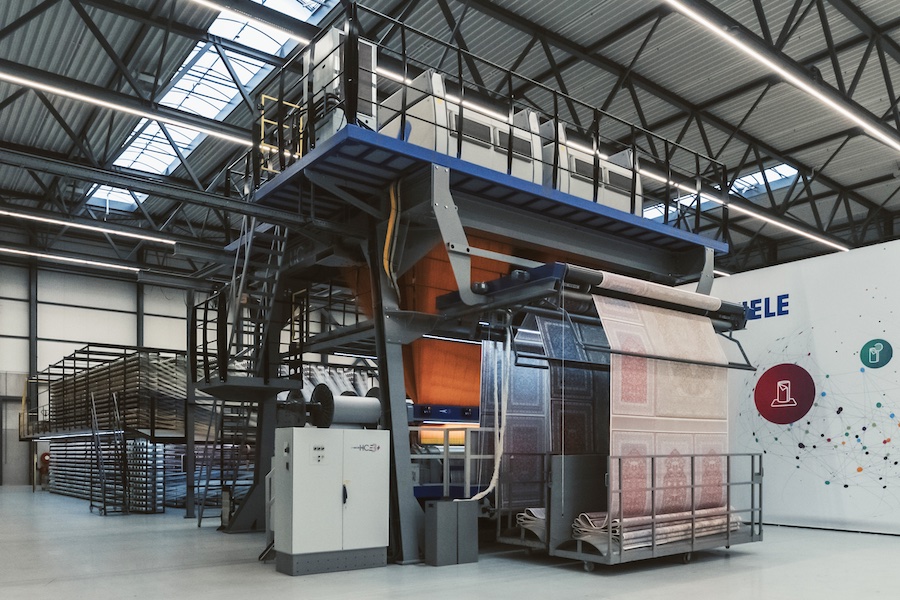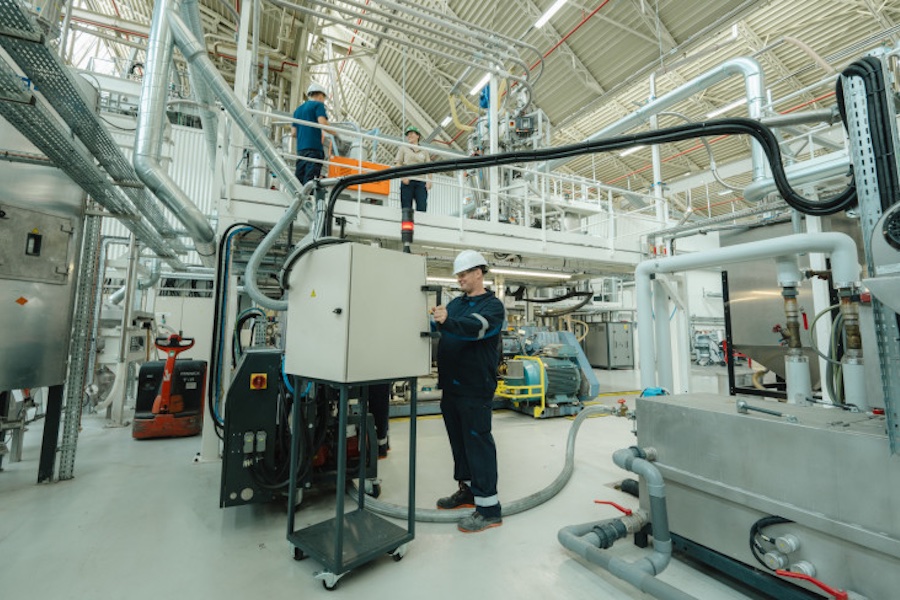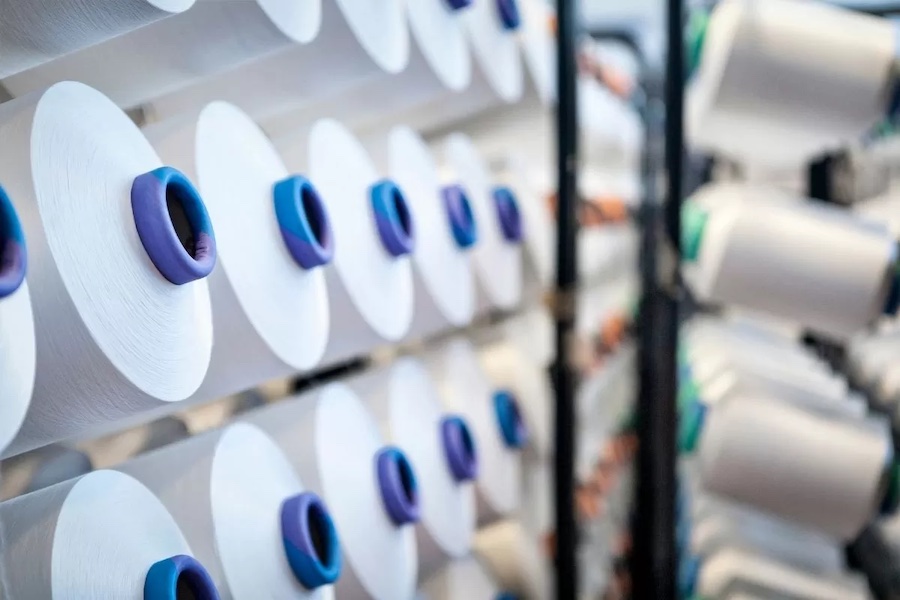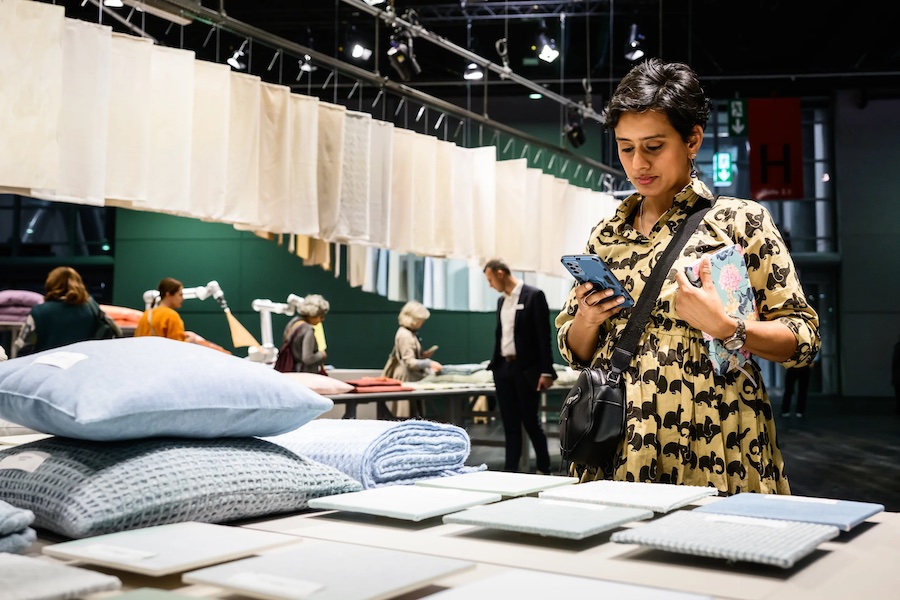#Yarn & Fiber
Birla Cellulose creates awareness about Viscose fibres
Some prominent ones being, competition from synthetic fibres, limitations of traditional fibres, lack of investment, large unorganized markets with dependency on middlemen, limited access to domestic and international markets for selling, and labor issues.
This largely unorganized industry is seeing a decrease in the weaver community as the younger generation of weavers are migrating to other occupations due to lower income and instable work. The handloom industry also relies vastly on material that goes through a lot of price fluctuations. The Indian government has actively issued schemes and incentives to. Therefore, to lend a hand and with the aim to preserve this precious art, the Aditya Birla Group - Birla Cellulose, in association with regional partners, has started a drive to create awareness about a natural, sustainable & durable alternative by introducing the weaver community to fibres like Viscose, Modal, and Excel, which are relatively price stable.
Given that the cost of silk yarn is often exorbitant and out of reach for the public market, it's remarkable that Birla Cellulose blended silk fabric manages to preserve the luxurious feel of pure silk while being competitively priced. Modal-made products have a lustrous shine, brilliant color, and luxuriously soft feel reminiscent of silk. Birla Cellulose's brand, Liva, nurtures the Indian textile value chain contributing to a more sustainably produced fibre that also resolves the breakage issue these weavers face with traditional threads.
Furthermore, with their robust supply chain supported by regional partners, Birla Cellulose ensures timely and consistent delivery of quality yarn that meets all of their customer's needs, helping boost the weaver's production capacity. As a part of this initiative, the Liva team also helps prepare the handloom weaving community for the future by holding seminars and hub meetings that guide these weavers. This initiative would not only help revive this industry but also assist with its expansion leading to the realization of the Make in India vision for the handloom sector.
With its versatile R&D center continuously engaged in developing new yarns & fabrics with their regional partners, Birla Cellulose has helped commercial bulk fabric manufacturers develop new bases for printing with the latest, in-demand yarns or changing the weaving patterns. As a way to promote Vocal for Local, the Liva team has assisted printers in connecting with grey base manufacturers to avail quality fabric at the right price. Taking a step beyond pre-production, they also extend their support during the post-production requirements like tagging, online & offline market connect, roadshows and door-to-door promotions. Thus, helping businesses increase inquiry leads. Till date Birla Cellulose has trained 1500 artists, across 7 states and supplied 5.5 lakh of yarn annually.
Birla Cellulose, with its initiative to create awareness of natural, sustainable & biodegradable yarns, seeks to take its mission of environmental sustainability a step ahead while helping with the revival of India's handloom textile industry by encouraging the handloom textile value chain to consume Birla Cellulose for the greater good!













